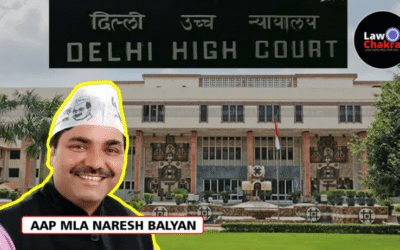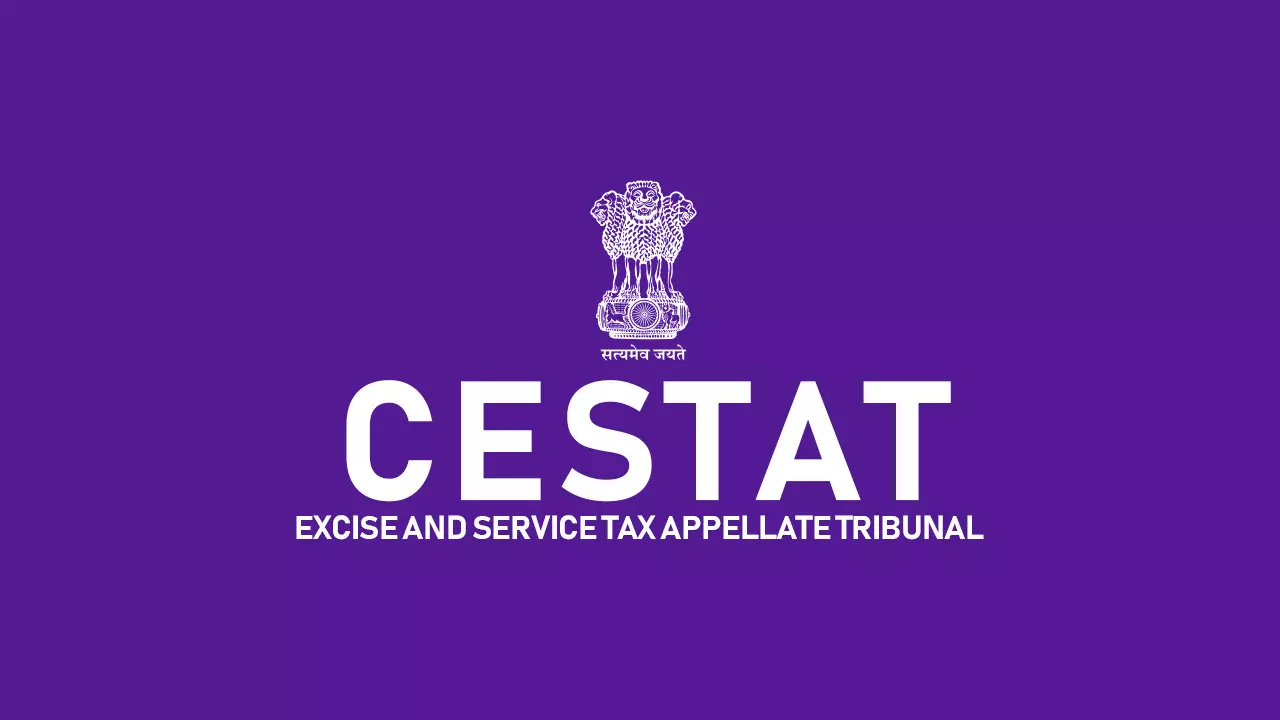Repeat Sale Of Spurious Liquor Destabilises Public Order, Grounds For Preventive Detention: Telangana High Court


The Telangana High Court has reiterated that the repeated illegal sale of spurious liquor, classified as ‘unfit for human consumption’ is a valid ground for passing an order of preventive detention, owing to the last prong of section 2(a) of the Telangana Preventive Detention Act, 1986.
The last prong of section 2(a) of the 1986 Act clarifies that ‘public order’ should be deemed as anything that has the potential to cause widespread danger to life or public health.
“It is clear that the adverse effect of an act also encompasses public health. The Explanation to section 2(a) provides context to public health through the immediately preceding words used in the Explanation i.e., ‘widespread danger to life,’ held the Division Bench of Justice Moushumi Bhattacharya and Justice B.R. Madhusudhan Rao.
The order was passed in a Writ of Habeas Corpus filed by the wife of the detenu, challenging the detention on the ground that possession or distribution of liquor would fall under the definition of ‘Law and Order’ and not ‘maintenance of Public Order.’ And that the prosecution failed to prove that the detenu was a regular offender.
The Bench noted that the first case registered against the detenu was in 2022, and since then, 6 cases for the same offence have been registered against him. Further, the bench heavily relied on the reports that classified the alcohol as unfit for human consumption and held:
“The very fact that the samples of IDL seized from the possession of the detenu were chemically-analyzed and found to be ‘unfit for human consumption’ and ‘injurious to health’, coupled with the series of identical offences committed by the detenu and the cases registered against him, would bring the act squarely within the contours of the Explanation to section 2(a) of the 1986 Act. The manufacture, possession and sale of liquor may not, by themselves, breach the outer parameters of public order unless the substance distributed falls foul of the standards required for public health and safety.”
The Bench noted that the recovered liquor failed the certification test in every single examination; thus, the prosecution was able to prove that the detenu was a habitual offender and made a compelling case for detention.
Relying completely on the Pesala Nookaraju Vs. Government of Andhra judgement, where the High Court and Supreme Court declined to interfere with a detention order of a detenu classified as a ‘bootlegger’, the bench noted that the facts of both cases were almost identical, and thus the ratio should be applied to the facts of the present case.
“The Supreme Court exhaustively analysed the material and the case law on the subject of Preventive Detention and the Writ of Habeas Corpus and concluded that the liquor sold by the detenu is dangerous to public health and is activity prejudicial to the maintenance of public order under the provisions of the 1986 Act. The Supreme Court also found that the grounds of detention had specifically mentioned that the appellant/detenu’s sale of the liquor would be harmful to the health of the people of that locality and constitutes an expression of subjective satisfaction of the Detaining Authority. The detenu’s Appeal was accordingly dismissed by the Supreme Court,” the Court noted.
While upholding the detention, the Bench noted that the only shortcoming of preventive detention was the indefinite detention on the ground of the pending of investigation/trial. Thus, the investigation authorities were directed to conclude the investigation expeditiously, preferably by 31.12.2025.
In conclusion, the Writ was dismissed.





